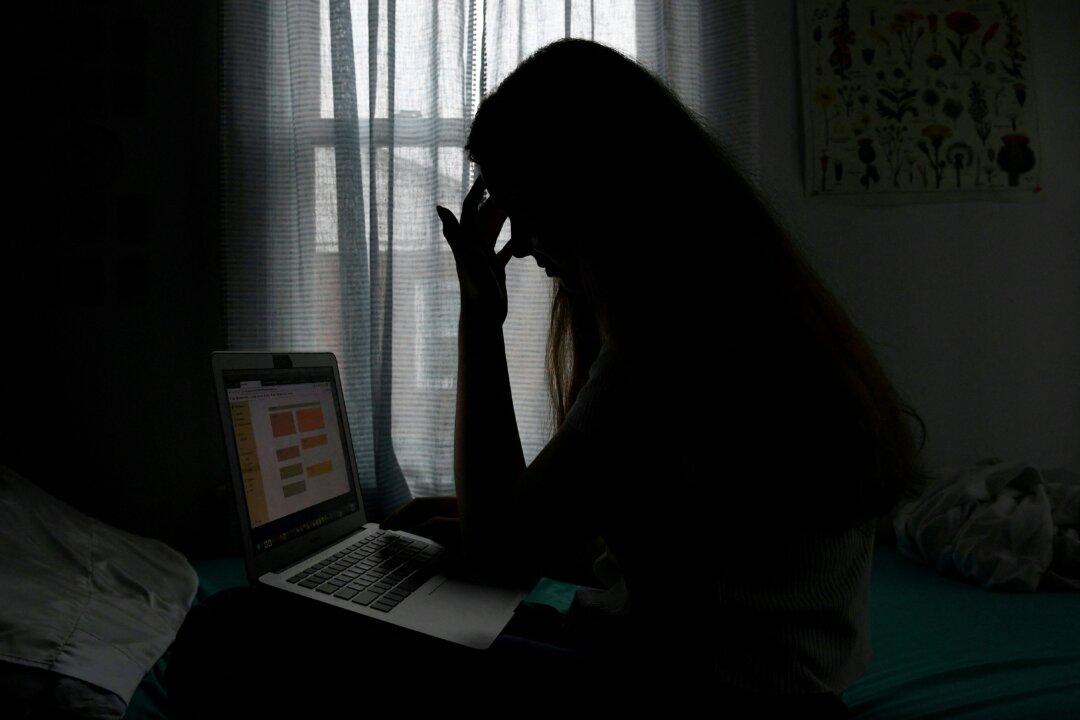Commentary
The kids of America are not OK. Although the mental health crisis plaguing younger generations is very much global in nature, it’s particularly bad in the United States. Suicide is the now second-leading cause of death among Americans between the ages of 15 and 24. Close to 20 percent of high school students have seriously contemplated suicide, while 9 percent have attempted to take their own lives, according to the National Alliance on Mental Illness.





